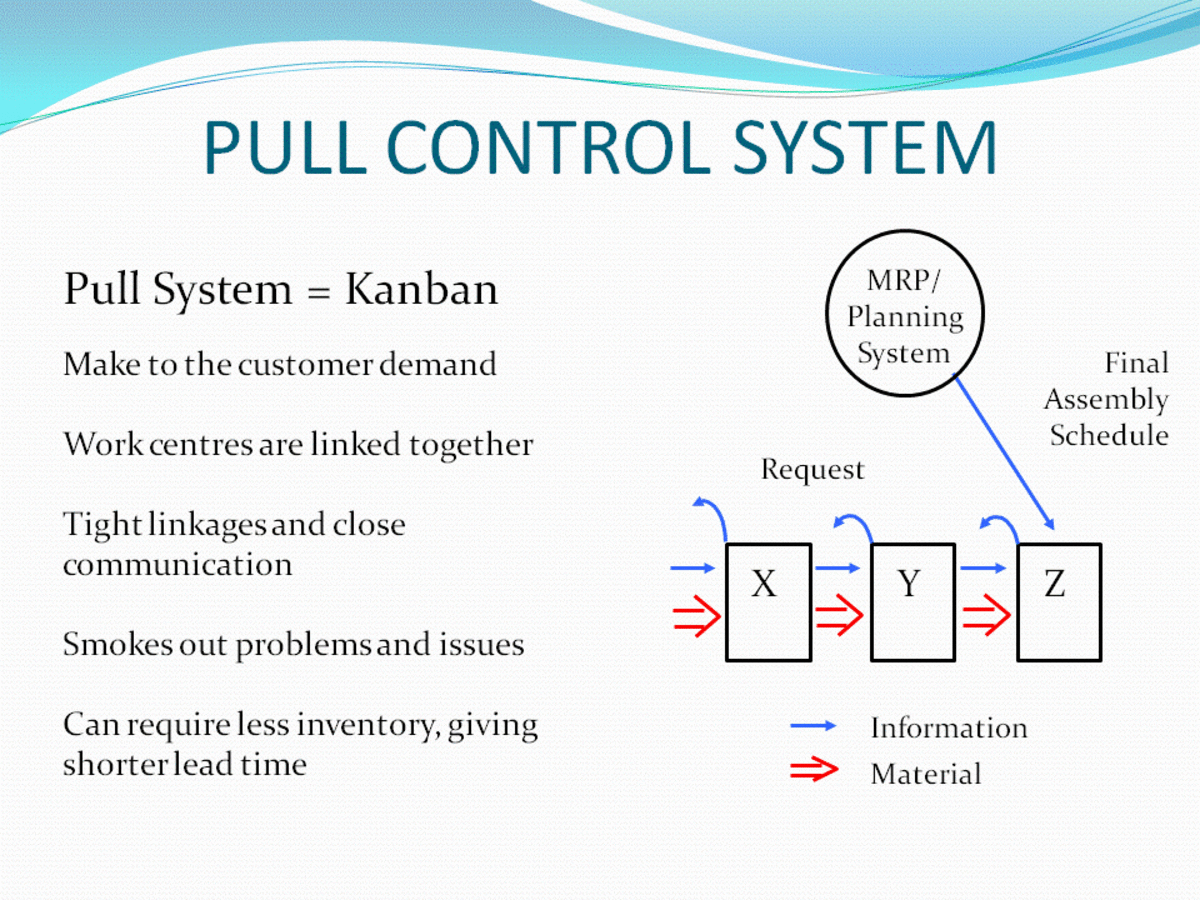What is the significant of marketing in today's economy?

Marketing and the economy are derivatives of each other.
Marketing managers should not market a product with the premise of maximizing sale on the product. Although it is the intent, it’s the wrong way to think about marketing. Instead when marketing a product, managers should focus on product availability, product needs, reliability, market segment and cost differentiation.
Wikipedia described marketing as, “A social process which satisfies consumers’ wants.” The idea of promoting a product in order to produce an emotional rather than rational response is defined as a form of propaganda.
When a product is marketed, I don’t think it’s promoted for the purpose of sale. I think it’s promoted for the purpose of stimulating one’s mind to buy a particular product. Sale is a subsequent entity that comes after the initiation process.
For example, BMW slogan pertains to speed, durability, power and perfection where as Lexus’ slogan pertains to class, luxury and comfort. These are their marketing gimmicks, as you can see; they're in business of selling a dream, a dream that demands precise information to be conveyed to the market. To initiate that dream into the consumer’s subconscious minds, the focus must be placed on market needs, product performance and reliability. This is why in advertising; prices are very often the last thing to be mentioned.
For many years China could not understand why Americans would pay so much money to buy a product that cost so little to produce. They had to hire an expert to explain this phenomenon to them. Name brands which are appreciated in this country did not appear to them as being cost effective, they never thought consumers would actually fell for this marketing gimmick. Perhaps, had they lived under a capitalist society, it would have been clear to them that these products were to be sold to a certain class of people.
Some economists have said that China is a socialist country because production and distribution are controlled by their government. However, that statement within itself is debatable, because we’ve noticed that Chinese businessmen have invaded our markets on all segments; in they’re not doing it in behalf of their government. If China is a socialist country to its citizens, than the country’s fortune five hundred companies operate on a capitalist format, for they have polarized the world market with their marketing gimmick.
In the United States, we live under a capitalist society; production and distribution are controlled by our corporations. However, citizens under a capitalist society are divided by different income levels which are described by some as a form of social class. Nevertheless, when a product is marketed it’s promoted to target a particular class of people with a certain income braket.
Marketers understand that people who over paid for a particular product are not just paying for the product, there are also purchasing name brand or class. This is the reason why some women pay $3,500.00 for a Versace bag that costs $10.00 to make. These women are paying for the name so that they can reassure their colleagues that they’re of the same class. But than again there is a question of relative income. Which mean that $3,500.00 is as equal as $50.00 for the person who makes $1300.00 a week. As a result, managers should promote product segments by differentiating their customers according to income levels.
People who cater to class based on income levels are the best customers. In fact the profit margin for this market is 100%. Plus, one must understand that this market is narrow, in the sense that the percentage of people who can really afford to buy a $10.00 bag for $3,500.00 is approximately 5%. What I mean by $10.00 bag is the manufacturing price right before the logo or the label is placed on it. The designer work hard to create his name and image, the designer charges whatever price he sees fit for his design.
For that reason, a focus strategy is necessary in this type of market. A focus strategy is one by which marketers promote products that caters to a particular group of individuals. And since this group is narrow, products are sometimes manufactured based on customers’ needs only.
Whereas, in a broader market where the population of people makes less than thirty thousand dollars a year, the profit margin is less per individual, but bigger in quantity when combine. Nevertheless, this market is more unpredictable since the individual’s revenue in this market can easily shift. This is why when revenues are hard to come by as it is now, companies’ turns to cost cutting initiatives such as layoffs, salary cut and product quality reductions.
Marketing and the economy are derivative of each other. An economic downturn can always detour a certain product from reaching it's maximum point of sales. Every product has their maximum point of sales, some are high others are low, but what's pushes a sale is advertisement.
Advertisements are sometimes detoured because of a downturn in the economy. For example, if marketers were marketing luxury automobiles to middle class folks under the premise of comfort-ability. Due to the economic downturn, they may be triggered to imply in their advertisements, how these automobiles can save the middle class money in the long run. The detour in this example is a false promise, because in actuality automobiles are weak investments. They do not offer the customer the same potential gain as a family home.
Marketing in a way is effective as long as the economy is progressing; once the economy takes a descending slope like we've seen so far, most marketing managers becomes financial advisers. At this point, they want to inform you on how you can save money by purchasing their products or services. The qualities of the product which they have for sale are sometimes barely mentioned, because to get the consumer to purchase this product, the marketer must prove how this product or service is in their financial benefit.
Marketing is most effective under a growing economic system. When monies are hard to come by, all marketing gimmicks are seen as propaganda. From this point on, marketers offers employees some sort of incentives for selling some amount of products, consumers are often offered some types of discount., a discount which can be balanced out if the consumer buys the insurance plan. This period in marketing could be referred to as a period of desperation, because at this point, TV advertisement nearly captivates enough consumers to buy the product or service to cover the cost for promotion.
The best marketing tactic however, is one of mouth to mouth. Although this form of advertisement can't reach the greatest amount of consumers as fast as the TV commercials can, but in time it will gain brand loyalty. A product reputation should speak for itself, when it is bought, it's lasting quality and performance should intrigue the consumer to want to tell others about the product.
These products very often do not need steady promotions, the performance of these products are their selling point. Therefore, the true promotion that can come out of some products like automobiles, electronic equipments & some clothing’s brand lies within its manufacture. If the product is not up to good standard when it comes out of the manufacturing line, then it won't be in good standard at the consumer’s possession.
It is the company's buyers who hold the responsibility for purchasing quality products. It may be advantageous for the buyer to purchased products of low quality because of the possibilities of maximizing on sales.
But taking that approach is risky business, because not only is the buyer risking the company's reputations, but he's also risking the chance to collect profits on the product. They’re always a possibility that consumers may become wiser about a particular product, and through word of mouth can reject that product.
At the beginning the company may not notice the drop in sales, because during a slow economic growth, it may be confused with seasonal periods at which time sales drops. However, if continues this product may be viewed as a bad investment for the company.
Word of mouth is the best advertisement that any company can get, and it is also the worst critique that any company can receive. Word of mouth takes time to create an effect and when it does it can cause a company to discontinue a certain line of product or to continue investing in that line of products if the product is of good quality.



